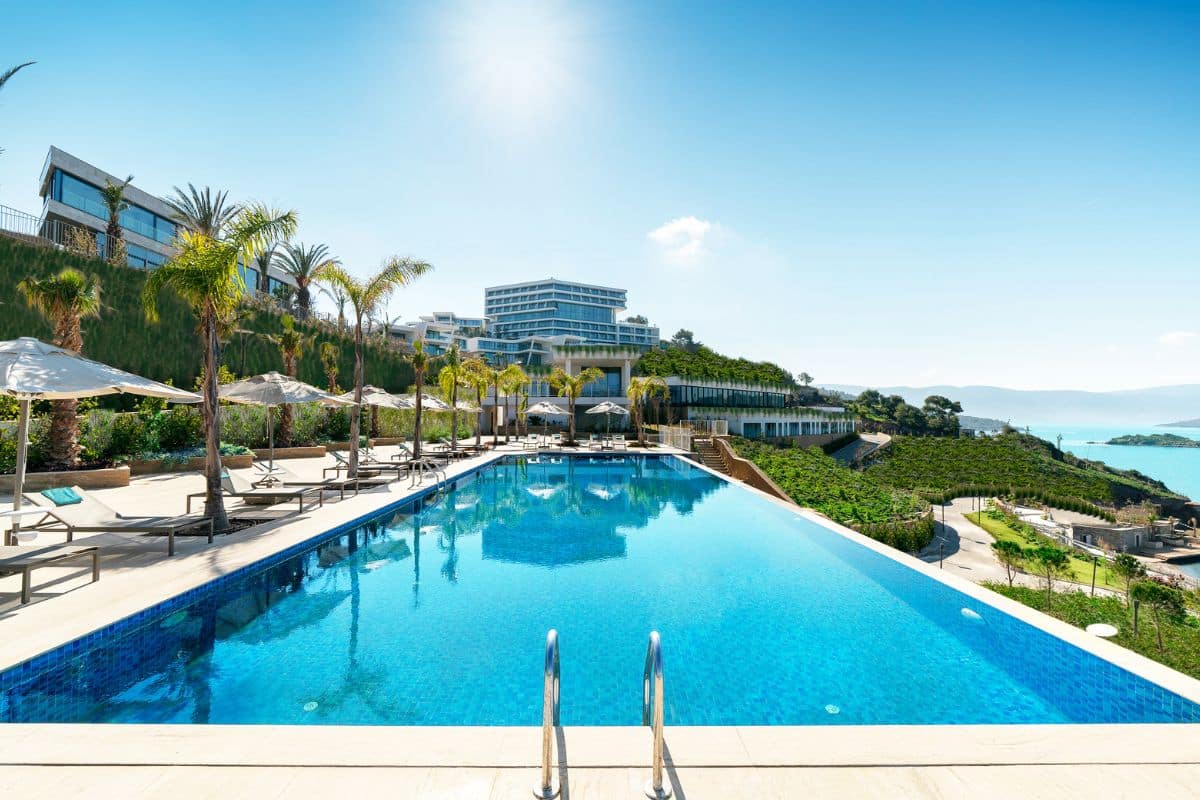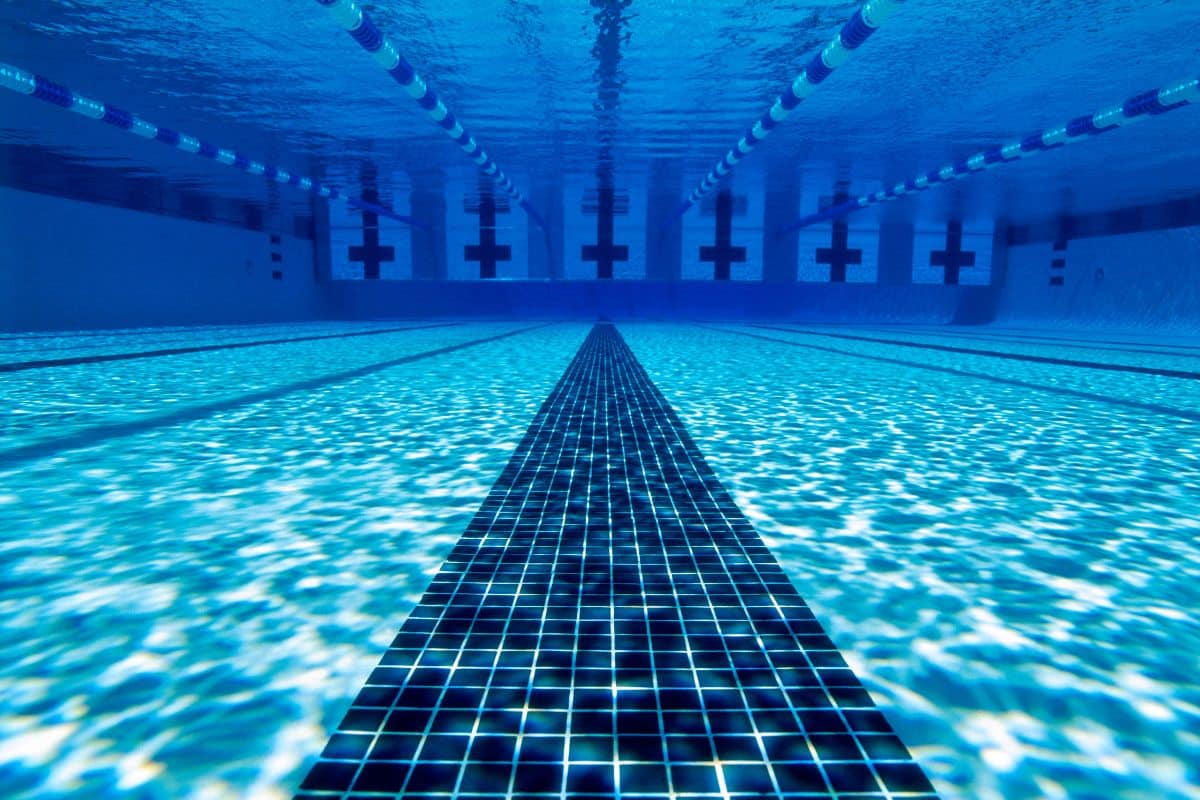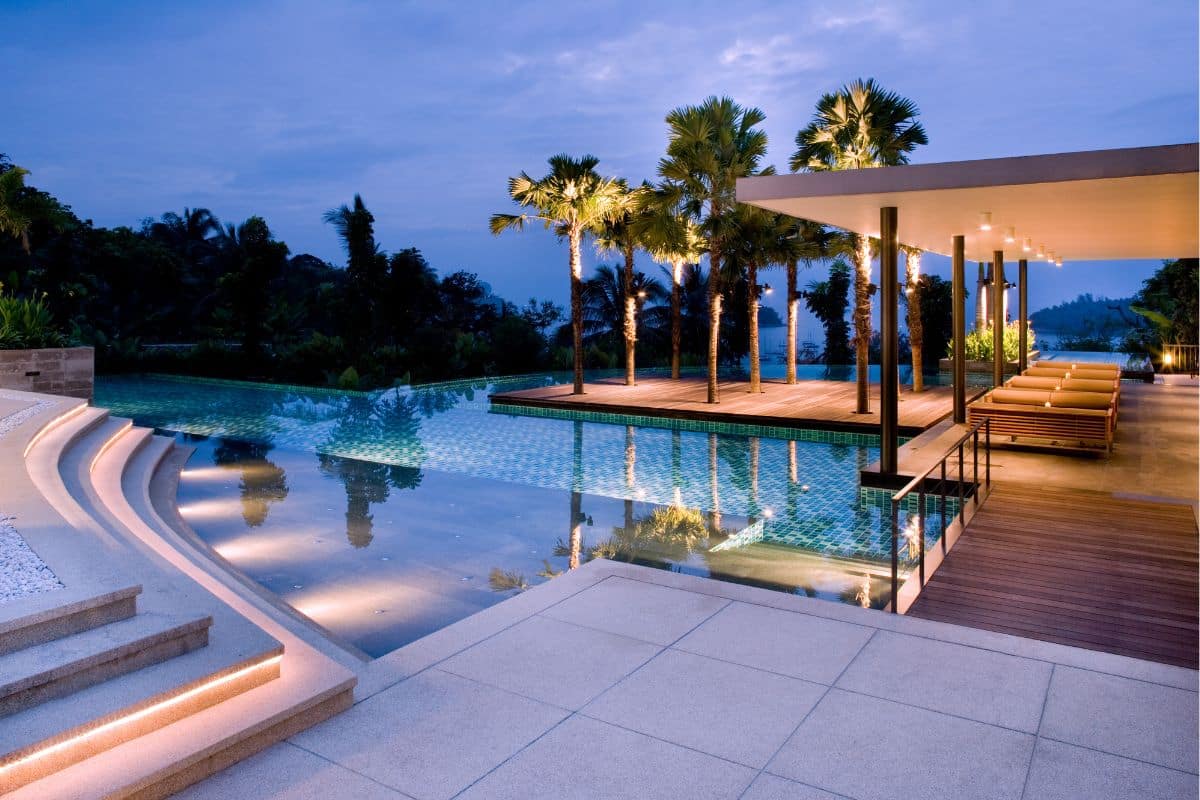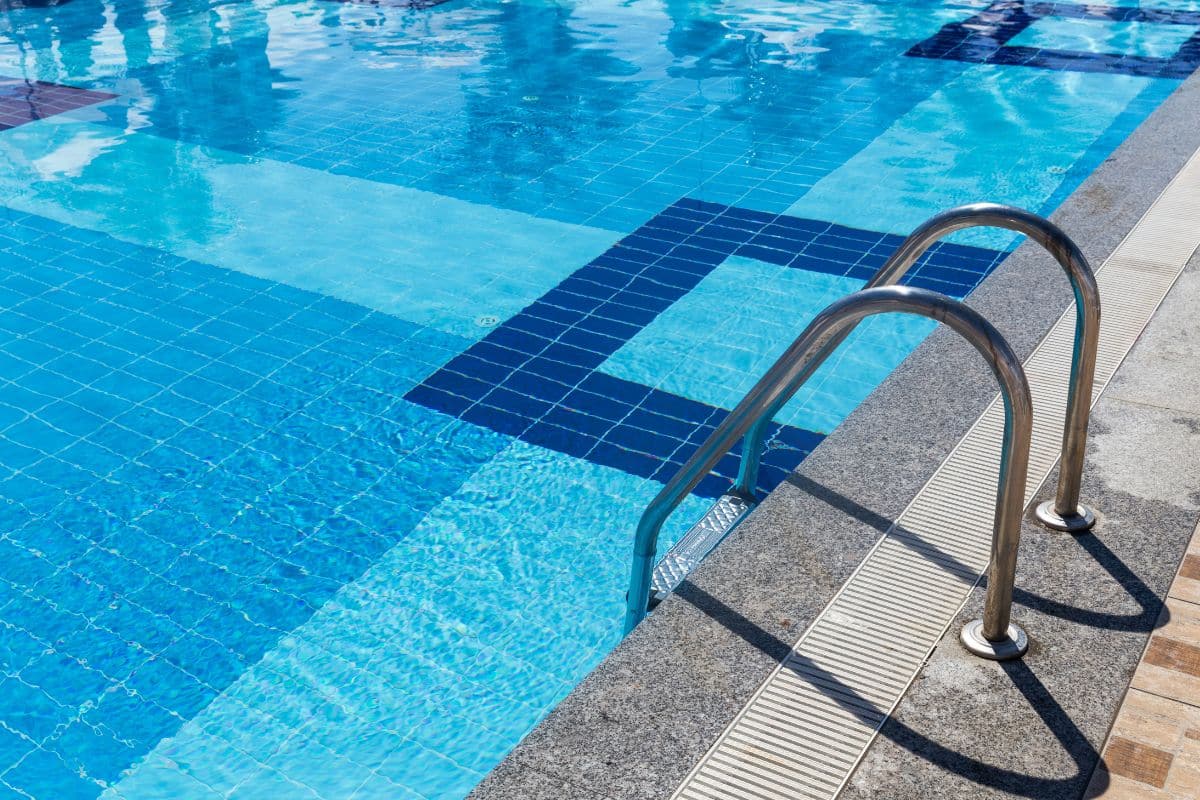Call Us TODAY: (417) 771-7552
Common Commercial Pool Problems and How to Prevent Them

Maintaining a commercial pool is more than just a luxury—it’s essential for providing a safe, clean, and enjoyable experience for everyone who uses it. Whether you run a hotel, gym, or community center, the health and safety of your pool depend on how well you maintain it.
From chemical imbalances to equipment failure, common pool problems can quickly turn into expensive and time-consuming issues if not properly addressed.
But don’t worry! Preventing these problems is entirely possible with the right approach and a little attention to detail.
In this blog, we’ll explore the most common commercial pool problems, how to spot them early, and what you can do to prevent them from becoming bigger headaches. We’ll dive into everything from balancing pool chemicals to keeping your pool equipment running smoothly.
So, grab your pool maintenance checklist, and let’s jump into the essential steps you can take to ensure your commercial pool remains in top shape all year long!
1. Chemical Imbalances: Causes and Prevention
Maintaining balanced pool chemicals is essential for ensuring the safety and cleanliness of your commercial pool. When the levels of pH, chlorine, alkalinity, or calcium hardness are off, it can lead to a variety of issues, from poor water clarity to skin irritation. Understanding and preventing these imbalances can save you time, money, and headaches in the long run.
- pH Levels: Ensure the pH stays between 7.2 and 7.8 for optimal comfort and safety.
- Chlorine Levels: Chlorine should be between 1-3 ppm to disinfect effectively.
- Alkalinity: Keep alkalinity levels between 80-120 ppm to stabilize pH.
- Calcium Hardness: Aim for 200-400 ppm to prevent scale formation or corrosion.
- Regularly test water using commercial pool testing kits or hire professional services for accurate results.
- Keep a maintenance schedule for testing and adjusting chemicals as needed.
2. Pool Leaks: Early Detection and Prevention Techniques
A leaking pool can lead to significant water waste, higher costs, and even structural damage if not addressed promptly. Identifying leaks early can save on costly repairs and ensure the longevity of your pool. Learn how to spot leaks early and prevent them with proper maintenance.
- Common Leak Sources: Leaks can occur in the plumbing, skimmers, or the pool shell.
- Detection Methods: Perform visual inspections or use dye tests to identify the source of a leak.
- Professional Help: For persistent leaks, hire a professional leak detection service.
- Preventative Measures: Regularly check plumbing fittings, valves, and pool equipment for any wear.
- Ensure proper sealing around skimmers and pool shells to minimize leak risk.
3. Algae Growth: Prevention and Treatment
Algae growth is one of the most common problems pool owners face. It can make the water cloudy, slippery, and unsanitary. Preventing and treating algae is key to maintaining a clean and safe commercial pool environment. Here’s how to keep your pool algae-free:
- Types of Algae: Green, black, and mustard algae are common in pools, each requiring specific treatments.
- Causes of Algae: Poor filtration, improper chemical balance, and lack of cleaning.
- Preventive Measures: Regular pool cleaning, correct chemical balancing, and maintaining effective filtration systems.
- Treatment Tips: If algae appear, shock the pool with a high dose of chlorine and brush surfaces thoroughly.
- Keep a consistent cleaning schedule to prevent algae from regrowing.
4. Clogged Filters and Poor Water Circulation: Why It Happens and How to Fix It?
Clogged filters and poor water circulation can quickly lead to cloudy, unclean water in your pool. Proper filtration and circulation are crucial for maintaining clear water and a healthy swimming environment. Here’s how to prevent and address these issues:
- Clogging Causes: Debris, oils, and dirt build-up can obstruct the filters and circulation system.
- Signs of Clogging: Reduced water flow, cloudy water, or dirty filter indicators.
- Regular Filter Cleaning: Clean or replace filters regularly to ensure efficient operation.
- Pump Performance: Check that the pump is running at optimal levels and address any performance issues.Schedule routine inspections to maintain proper circulation and filter function.
5. Pool Equipment Failure: How to Keep Everything Running Smoothly?
Your pool equipment, such as pumps, heaters, and motors, is critical for the day-to-day functioning of your commercial pool. Regular maintenance and timely repairs can extend the life of your equipment and prevent costly breakdowns. Here’s how to keep your pool systems running smoothly:
- Common Equipment Failures: Pumps, heaters, and motors can fail due to overuse, poor maintenance, or aging.
- Maintenance Practices: Inspect equipment regularly, lubricate moving parts, and follow manufacturer guidelines.
- Backup Equipment: Keep essential spare parts or a backup pump to avoid service interruptions.
- Professional Inspections: Schedule professional assessments to ensure equipment is functioning properly.
- Proactive maintenance will keep your pool running efficiently and prevent unexpected shutdowns.
6. Surface Damage: Cracks, Chips, and Wear and Tear
Pool surfaces, whether plaster, tile, or fiberglass, are subject to wear and tear over time. Cracks, chips, and discoloration can not only detract from the pool’s aesthetic appeal but also lead to leaks and other structural issues. Regular inspection and maintenance can help protect your pool’s surface.
- Common Causes of Damage: Heavy foot traffic, improper chemical use, and extreme weather conditions.
- Inspection Frequency: Inspect pool surfaces regularly for early signs of damage.
- Preventive Maintenance: Use proper chemical treatments and clean the pool to avoid surface deterioration.
- Resurfacing Tips: When cracks or chips appear, consider professional resurfacing to prevent further damage.
- Timely surface repairs can save on expensive resurfacing and structural repairs.
7. Pool Safety Hazards: How to Ensure a Safe Environment?
Pool safety is a top priority in any commercial setting. Slippery surfaces, broken tiles, and poor lighting can pose risks to swimmers. Maintaining a safe environment is not only essential for your customers but also for complying with safety regulations. Here’s how to keep your commercial pool safe:
- Common Hazards: Slippery areas, broken tiles, inadequate lighting, and improper pool fencing.
- Safety Measures: Ensure proper pool fencing, clear signage, and non-slip surfaces around the pool.
- Inspection Routine: Regularly inspect the pool area for hazards like sharp edges, broken tiles, or slippery steps.
- Safety Compliance: Stay updated with local safety regulations and laws to avoid penalties.
- Promote safety through regular inspections, upkeep, and adherence to legal requirements.
By staying proactive with regular maintenance and monitoring, you can prevent common pool problems from turning into major headaches. Simple practices like balancing chemicals, checking for leaks, and maintaining equipment will keep your commercial pool running smoothly. With the right approach, you can offer a safe, clean, and enjoyable swimming experience for your guests all year long. Remember, a little attention today goes a long way toward avoiding costly repairs tomorrow. Keep your pool in top shape and enjoy the peace of mind that comes with it!




